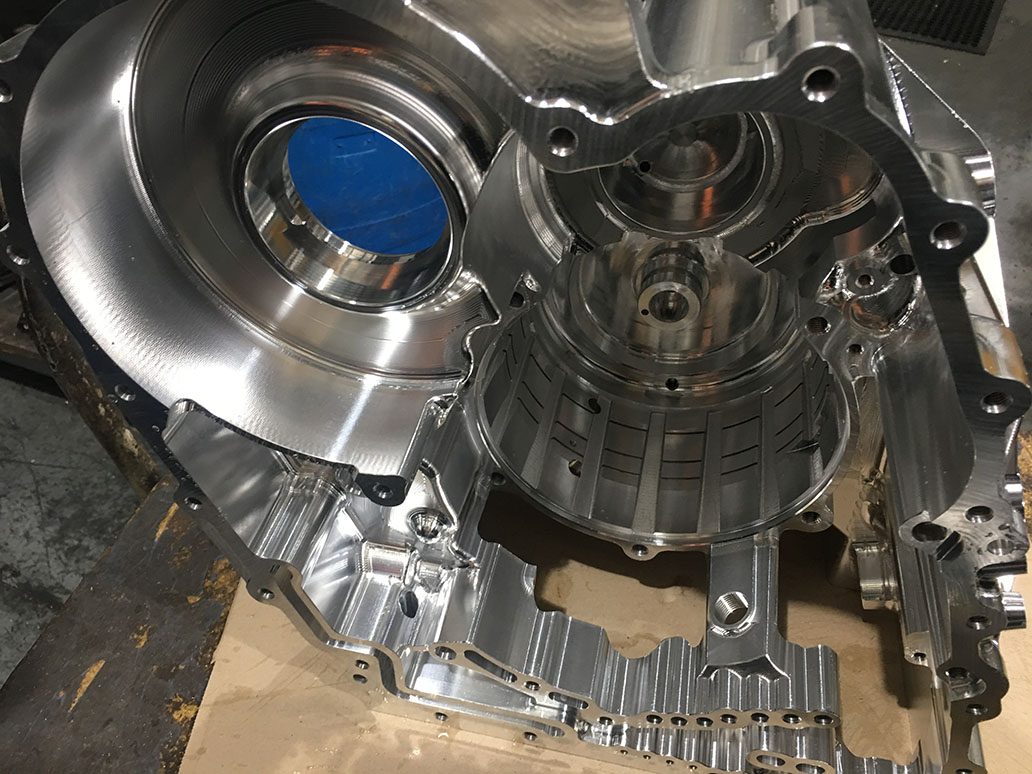
Aero Spec Engineering’s precision CNC machining is revolutionising automotive R&D and boosting efficiency in advanced transportation in Australia.
CNC Machining in Automotive has revolutionised the research and development landscape for advanced transportation. This cutting-edge technology enables automotive engineers to rapidly prototype complex components with unparalleled precision, significantly accelerating the innovation process.
By leveraging the power of Computer Numerical Control, automotive manufacturers can now explore groundbreaking designs, test new materials, and optimise performance with greater efficiency than ever before, paving the way for the next generation of vehicles.
CNC Machining: A Cornerstone of Automotive Innovation
CNC machining has revolutionised the way automotive components are designed, prototyped, and manufactured. This precision engineering technique allows for the creation of complex parts with unparalleled accuracy and consistency. In the realm of automotive R&D, CNC machining offers a plethora of benefits that accelerate the development process and improve overall outcomes.
The Power of Precision: CNC Machining in Automotive R&D
CNC machining, with its ability to transform raw materials into intricate components with unparalleled accuracy and speed, has become an indispensable asset for automotive R&D. Here’s how it drives efficiency:
• Rapid Prototyping: CNC machining allows engineers to create physical prototypes of new components quickly and efficiently. This enables rapid testing and iteration, accelerating the design process and reducing time-to-market.
• Complex Component Production: Many automotive components have intricate geometries and tight tolerances. CNC machining excels at producing these complex parts with exceptional accuracy, ensuring optimal performance and reliability.
• Material Versatility: From aluminium and steel to composites and exotic alloys, CNC machining can process a wide range of materials, giving engineers the flexibility to experiment with different materials and designs.
• Cost-Effectiveness: While CNC machining may have higher upfront costs compared to other manufacturing methods, it often leads to significant cost savings in the long run due to reduced waste, increased efficiency, and improved product quality.
• Consistency and Repeatability: CNC machines produce components with consistent quality and precision, minimising defects and ensuring product reliability.
• High precision: The accuracy of CNC machining ensures that prototypes match exact design specifications, crucial for testing advanced automotive systems.
• Scalability: CNC machining can easily transition from prototyping to small-batch production, facilitating smoother R&D to manufacturing processes.
These capabilities significantly reduce development time, lower costs, and enable more innovative designs in automotive R&D, ultimately accelerating the advancement of transportation technology.
Advancing Future Mobility
As the automotive industry moves towards electric vehicles, autonomous driving, and advanced driver assistance systems, the role of CNC machining in R&D becomes even more critical. These cutting-edge technologies require intricate components and precise manufacturing techniques that CNC machining is uniquely positioned to provide.
For instance, the development of electric powertrains benefits greatly from CNC machining’s ability to produce complex motor housings and battery components with tight tolerances. Similarly, the sensors and mounting systems required for autonomous driving systems can be rapidly prototyped and refined using CNC technology.
How Aero Spec Engineering Can Help You
By partnering with Aero Spec Engineering, automotive manufacturers can harness the full potential of CNC machining to overcome R&D hurdles, accelerate product development, and create the next generation of vehicles that redefine the transportation landscape.
Optimized by: Netwizard SEO
